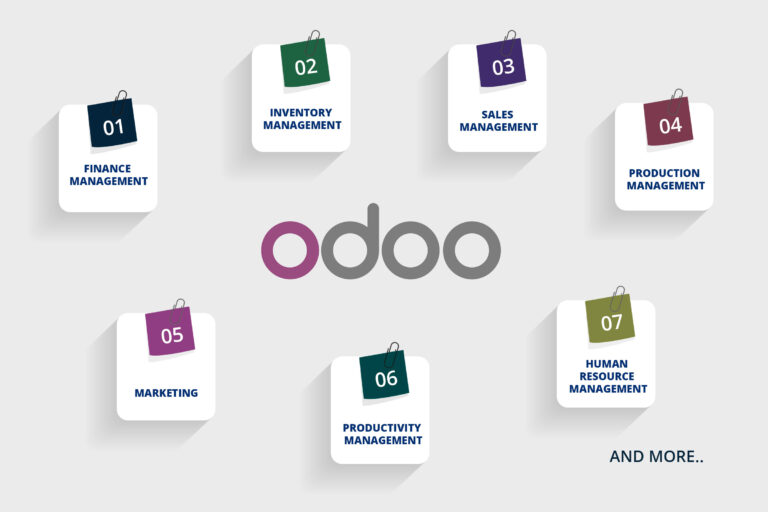- Still don't have a system for your business?
- Is Excel not enough to control the processes of your business?
- Does your current system not meet your expectations?
𝐇𝐞𝐫𝐞 𝐚𝐫𝐞 𝐭𝐨𝐩 𝐫𝐞𝐚𝐬𝐨𝐧𝐬 𝐧𝐨𝐭 𝐭𝐨 𝐮𝐬𝐞 𝐞𝐱𝐜𝐞𝐥
𝐋𝐢𝐦𝐢𝐭𝐞𝐝 𝐬𝐭𝐨𝐫𝐚𝐠𝐞 𝐜𝐚𝐩𝐚𝐜𝐢𝐭𝐲
Excel has a limited storage capacity, and as your company data grows, it may become difficult to manage it effectively in Excel.
𝐒𝐞𝐜𝐮𝐫𝐢𝐭𝐲 𝐫𝐢𝐬𝐤𝐬
Excel files are vulnerable to security risks, such as unauthorized access and data breaches. If your company data contains sensitive information, it’s important to use a more secure platform to manage it.
𝐋𝐢𝐦𝐢𝐭𝐞𝐝 𝐜𝐨𝐥𝐥𝐚𝐛𝐨𝐫𝐚𝐭𝐢𝐨𝐧 𝐜𝐚𝐩𝐚𝐛𝐢𝐥𝐢𝐭𝐢𝐞𝐬
Excel is designed to be used by a single user, which can make it difficult to collaborate with team members. If multiple people need to access and work with the same data, it can lead to version control issues and other collaboration problems.
𝐃𝐚𝐭𝐚 𝐢𝐧𝐭𝐞𝐠𝐫𝐢𝐭𝐲 𝐢𝐬𝐬𝐮𝐞𝐬
Excel is prone to errors, which can lead to data integrity issues. Even simple errors, such as accidentally deleting or overwriting data, can have serious consequences for your business.
𝐃𝐢𝐟𝐟𝐢𝐜𝐮𝐥𝐭𝐲 𝐬𝐜𝐚𝐥𝐢𝐧𝐠
As your business grows and your data becomes more complex, it can be difficult to scale Excel to meet your needs. This can lead to data management problems and other issues.
Enterprise Resource Planning (ERP) systems
These are powerful tools that can streamline business processes, improve efficiency, and increase profitability. However, implementing an ERP system can be a complex and challenging process, and there are several pitfalls that companies should be aware of to ensure a successful implementation.
Here are some of the most common pitfalls of ERP implementation:

Poor Planning
Lack Of Executive Buy-In


Inadequate training
Poor data quality


Over-customization
Resistance to change

In conclusion, ERP implementation is a complex process that requires careful planning, strong leadership, and extensive training. By avoiding these common pitfalls, companies can increase the likelihood of a successful implementation and reap the benefits of a streamlined, efficient business.
Feel free to reach out to us today to know how we can
- Minimize Errors
- Increase Productivity
- Avoid repetitive tasks
- Get One Click Information











